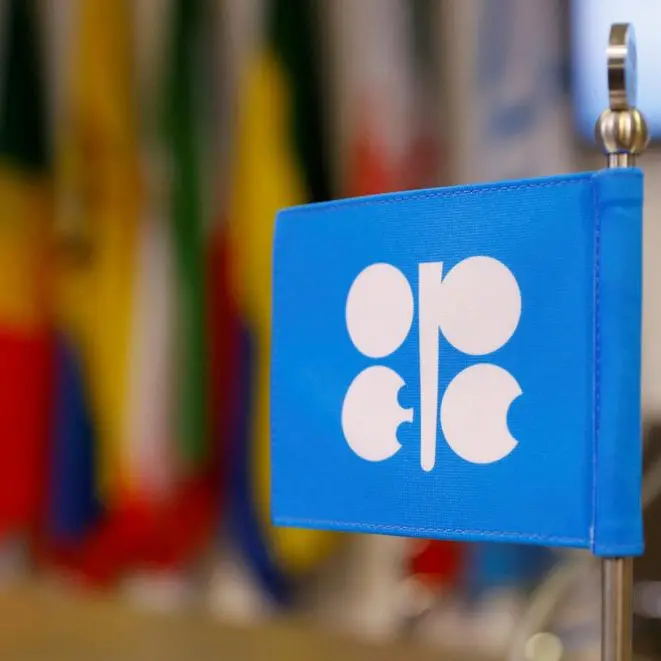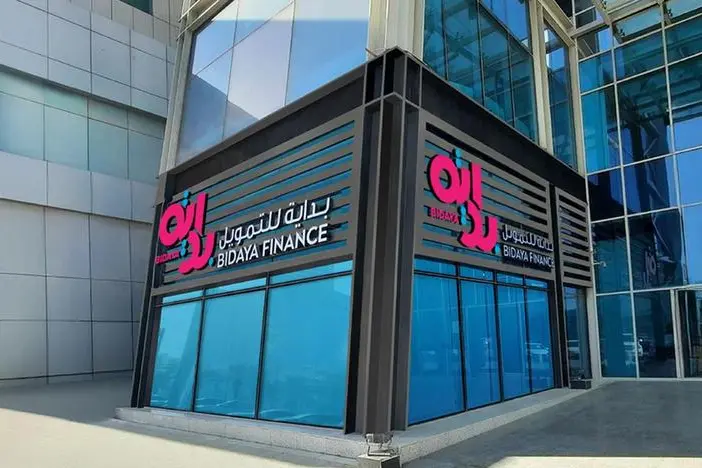PHOTO
Singapore may be a global financial centre, but its Islamic finance industry is still very much a work in progress.
Key industry players say they see an increase in interest and demand, yet Singapore’s retail Islamic finance portfolio is missing home financing and insurance, while investment options remain few. At the heart of the industry’s challenges is increasing the level of awareness about Islamic finance for strong retail demand to support new products.
Norzulkarnien Nor Mohamed, Head of Islamic Banking at Maybank Singapore, told Zawya customers ask for products that are not provided by the bank. “The key Islamic financial solutions requested by individuals include home financing, credit cards and takaful.”
Maybank currently offers the widest range of Shariah-compliant banking products in Singapore and primarily competes with fellow Malaysia-headquartered CIMB in the retail Islamic banking sector.
According to Nor Mohamed, the bank’s Islamic business has been expanding. “Maybank Singapore’s total Shariah-compliant financing and deposits grew at compounded annual growth rates of 4 percent and 11 percent, respectively, over the last four years, from 2017 to 2021.”
NO TAKAFUL, ISLAMIC HOME FINANCING
Takaful was largely pulled from Singapore when HSBC downscaled its Islamic subsidiary Amanah globally in 2012 and ceased retail operations in the country. Currently, the only takaful product available is for travel health services for hajj and umrah pilgrims, offered by ST&T International and UOI.
The potential of home financing has kept it at the top of the Islamic banking industry’s agenda for more than a decade. Home financing is a substantial pot in Singapore, where home ownership is around 90 percent.
Outstanding bank loans for public and private housing reached S$210.23 billion ($156.39 billion) in the third quarter of 2021, according to preliminary figures from the Monetary Authority of Singapore.
Nor Mohamed said that Maybank sees “decent business potential, as home ownership is prevalent in Singapore, and owning a residential property is a stable fixed asset class investment for property investors.”
Islamic home financing would require the approval of the Central Provident Fund (CPF) Board and the Housing and Development Board (HDB). A key challenge is the type of underlying Islamic contract used that will align with the CPF Act in regard to the type of assets that CPF savings can purchase. The CPF is a mandatory social security savings scheme where funds are designated for individuals’ home purchases, retirement and healthcare. A percentage of these savings can also be invested in approved funds. HDB public housing accounts for 78.7 percent of Singapore’s households, underlining the importance of engaging with the HDB Board for discussions about Islamic financing.
Anecdotal reports indicate a rise in demand for Islamic home financing from Muslims, and the matter is current enough to recently prompt a question from a Member of Parliament, placing the issue at a prominent national level.
The Minister for Manpower, as the head of the parent ministry of the CPF Board, responded in January: “If financial institutions approach relevant authorities to allow the use of CPF for such products, the CPF Board and authorities will assess such proposals, taking into consideration the need to protect CPF members’ retirement savings.”
Maybank Singapore confirmed that it is in talks to provide Islamic home financing facilities. “We are engaging all stakeholders in the hope of a successful launch in due course,” Nor Mohamed said.
INVESTMENT OPTIONS
Sani Hamid, who leads Financial Alliance’s dedicated Islamic Wealth Advisory (FAIWA) division, also has Islamic home financing on his wish list for Budget 2022, that it is second to getting a CPF-approved Sukuk Fund for investment.
“There is currently only one Shariah-compliant fund which is CPF-approved,” said Hamid, referring to the Franklin Templeton Shariah Global Equity Fund, one of 82 approved funds as of February 3.
Singapore’s banks hold assets of around $2 trillion, but the asset management industry is bigger: $3.5 trillion in 2020. Singapore has more assets under management (AuM) than the world’s Islamic finance industry as a whole, which Refinitiv estimates at $3.374 trillion in 2020.
There is no breakdown of Shariah-compliant AuM, but Hamid stressed there are limited options. In Financial Alliance’s experience, the key to growing Islamic investments at the retail level is CPF funds, as not a lot of people invest using cash. For those with cash, FAIWA offers access to a gold mining fund, and high-net-worth individuals can park their money in a private equity fund targeting the UK healthcare sector that received approval from Malaysia’s International Shariah Research Academy for Islamic Finance.
Alternatives include pockets of waqf; Islamic peer-to-peer crowdfunder Kapital Boost, which offers short-term investments via funding SME campaigns; and stocks that can be referenced from indexes such as the FTSE SGX Shariah Index Series.
There are currently nine locally registered robo-advisors, but none offers Islamic options. Wahed Invest can be accessed, although it is not licensed with Singapore authorities.
While domestic demand is still limited, FAIWA has widened its net regionally. In 2020, 78 percent of Singapore’s AuM was sourced overseas, including 34 percent from Asia Pacific, according to central bank data.
“We have also attracted offshore money, Malaysian money, for example, from clients who have money parked here in Singapore,” said Hamid.
Maybank also has its sights on this business. “Maybank Singapore sees opportunities in the Islamic wealth management segment, to attract “Shariah dollars” globally, especially from Muslim countries, to invest in Singapore by leveraging Singapore’s strengths as a regional financial hub, a regional wealth management hub and a country with political and economic stability,” said Nor Mohamed.
CREATING DEMAND
FAIWA says the demand side is improving. “We used to get calls or emails once a month; then it became once a week, but now sometimes it’s twice a week,” said Hamid, whose firm has been actively organising seminars and workshops on Islamic financial planning.
“They have been quite instrumental in promoting a shift, especially for those sitting on the fence to adopt Shariah-compliant solutions,” he added.
However, Maybank, which targets the wider population (Muslims make up a minority 15.6 percent of Singapore’s 5.7 million people), says there isn’t enough awareness overall. “Structured Islamic finance educational programmes are vital for retail, business and institutional segments as our observations indicate low awareness among them,” Nor Mohamed said.
He recommends “closer collaborations between regulators, Islamic financial institutions, business associations and community associations to jointly promote Islamic finance. […] For demand-led and in-depth Shariah-compliant solutions, the industry providers have to put extra focus in innovating its products and services and adopting technology to offer competitive advantages,” said Nor Mohamed.
Hamid said it’s a “chicken and egg” situation: “When we do get Islamic products, we’re very happy, but we’re also very cognizant of the fact that if those products don’t receive good demand, eventually they could be taken off the shelf.”
(Reporting by Emmy Abdul Alim; editing by Seban Scaria)
Disclaimer: This article is provided for informational purposes only. The content does not provide tax, legal or investment advice or opinion regarding the suitability, value or profitability of any particular security, portfolio or investment strategy. Read our full disclaimer policy here.
© ZAWYA 2022





















